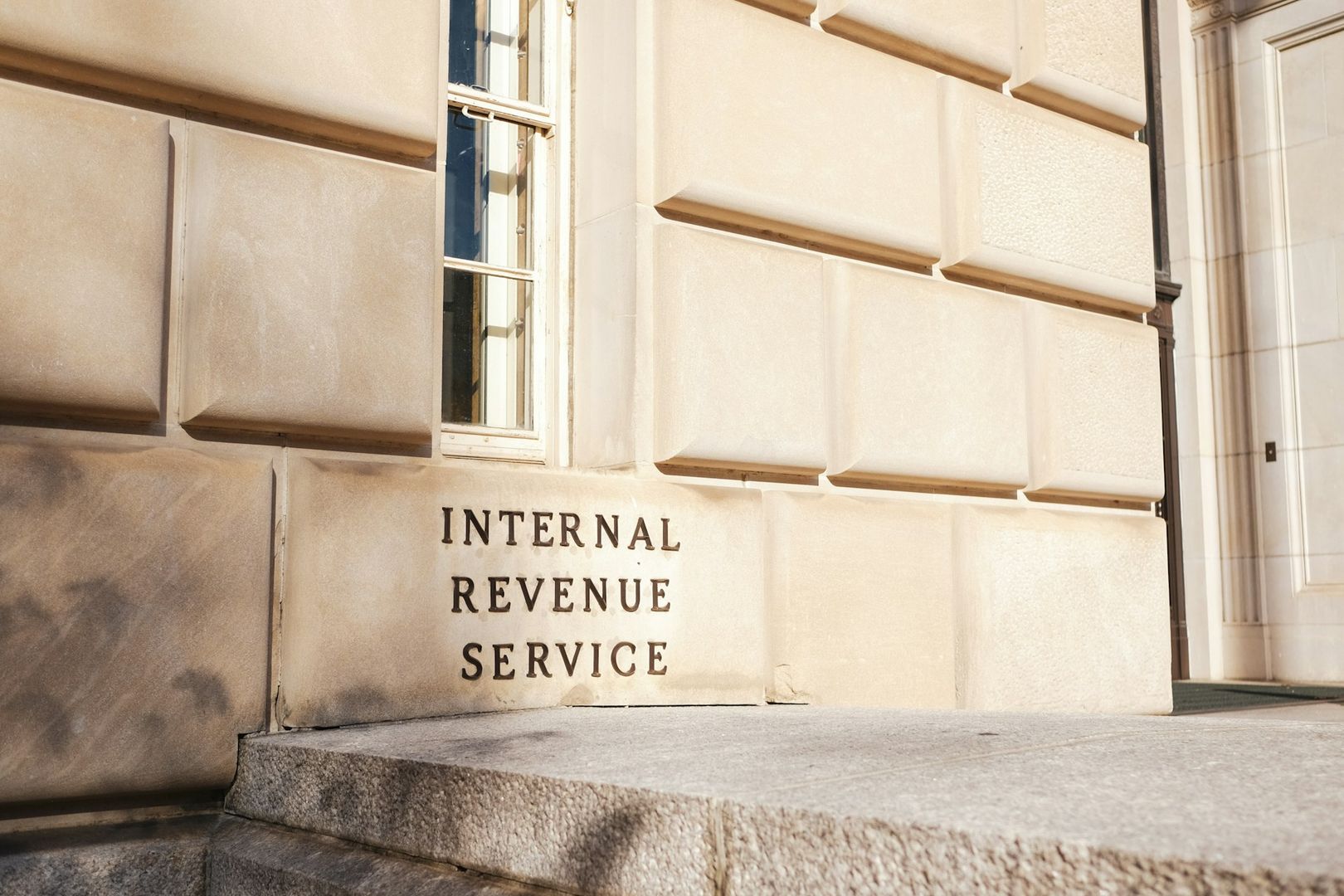World crypto tax reporting nonetheless has main cracks — and tokenized shares will be the catalyst that forces the system to catch up.
In latest weeks, platforms like Robinhood and Gemini have began offering tokenized shares to customers within the European Union. These blockchain-based derivatives mimic the worth of actual equities like Apple and Tesla and permit customers to commerce 24/7, free from the restrictions of conventional market hours.
Which may sound like a leap ahead for accessibility and innovation. But when these merchandise proceed to realize traction, and companies like Galaxy Digital consider they are going to siphon liquidity from conventional exchanges, regulators will face rising stress to shut the reporting hole between crypto platforms and conventional brokers.
Regardless of the progress the crypto trade has made through the years, crypto tax reporting continues to be far behind in comparison with conventional asset exchanges in lots of elements of the world.
There’s nonetheless an apparent hole. Take Australia. The Australian Inventory Alternate (ASX) gives the tax workplace with structured information, together with sale costs, dates, and proceeds, which is robotically pre-filled into customers’ returns.
For crypto, the ATO’s method is extra like a delicate faucet on the shoulder to its taxpayers. It presents a notification reminding customers to verify for taxable occasions, relatively than an in depth pre-filled report. Whereas the ATO is aware of you might be energetic in crypto as a result of crypto exchanges report you could have an account, it doesn’t have the identical complete oversight because it does with inventory buying and selling.
That method might have been justifiable in crypto’s early days, when most exercise was tied to speculative tokens or NFTs. However now, with platforms seemingly eager to broaden their choices of tokenized shares globally — which aren’t but out there in Australia however I dare say it’s being thought of — the dearth of tax transparency turns into a lot tougher to justify.
Governments cannot afford to let potential tax income slip via the cracks just because they’re occurring onchain. I consider as tokenized shares begin to achieve increasingly consideration over the approaching months, regulators can be scrambling to make sure they’re ready.
Within the U.S., the IRS is already making an attempt to catch up. Its new crypto reporting guidelines, together with the long-awaited Form 1099-DA, are set to take impact in 2026. These would require crypto brokers to report person transactions much like conventional monetary establishments.
In the meantime, Robinhood is reportedly getting ready to launch tokenized shares for U.S. clients.
It raises a well timed query…will that rollout coincide with the brand new IRS necessities?
On a worldwide scale, the OECD’s Crypto-Asset Reporting Framework (CARF), additionally due in 2026, will implement transaction information sharing throughout jurisdictions, much like how banks adjust to the Frequent Reporting Customary.
If tokenized shares are going to imitate actual equities then the tax information reporting round them must match accordingly.
The times of crypto current in a regulatory grey zone are numbered. Whether or not platforms are prepared or not, the period of full tax transparency is coming and tokenized shares will be the turning level that forces it into actuality.
I consider that second will arrive inside the subsequent 5 years.
